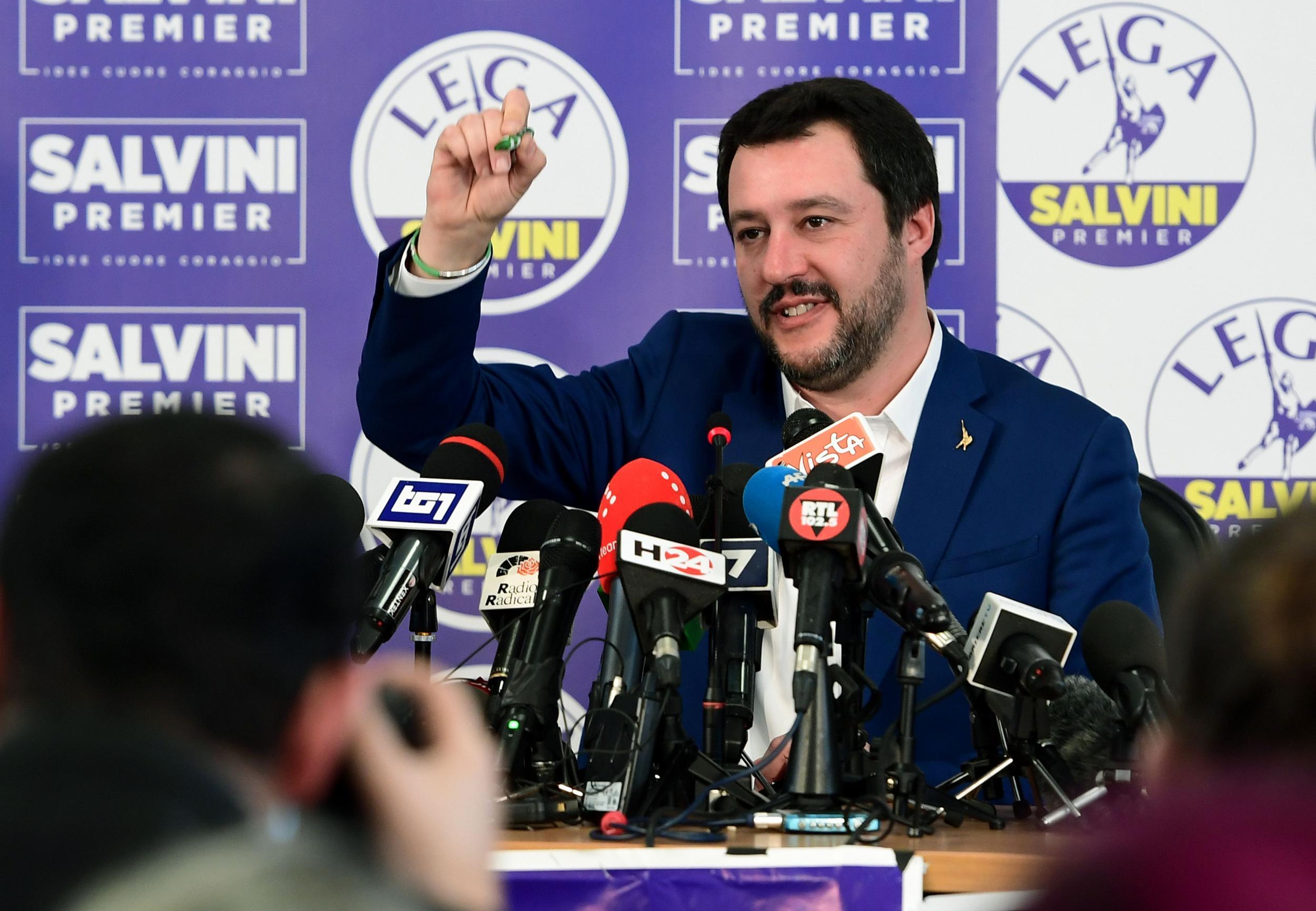Your support helps us to tell the story
From reproductive rights to climate change to Big Tech, The Independent is on the ground when the story is developing. Whether it's investigating the financials of Elon Musk's pro-Trump PAC or producing our latest documentary, 'The A Word', which shines a light on the American women fighting for reproductive rights, we know how important it is to parse out the facts from the messaging.
At such a critical moment in US history, we need reporters on the ground. Your donation allows us to keep sending journalists to speak to both sides of the story.
The Independent is trusted by Americans across the entire political spectrum. And unlike many other quality news outlets, we choose not to lock Americans out of our reporting and analysis with paywalls. We believe quality journalism should be available to everyone, paid for by those who can afford it.
Your support makes all the difference.The European Commission has said it hopes a “stable government” can be formed in Italy after preliminary results saw a collection of right-wing, Eurosceptic and populist parties with a majority in the country’s parliament.
The Eurosceptic, anti-establishment Five Star Movement was the biggest party, with around 32 per cent of the vote, while the far-right League and centre-right Forza Italia took around 17 per cent and 14 per cent respectively.
The centre-left Democratic Party, led by centrist Matteo Renzi, won just around 19 per cent of the vote, down heavily on the previous elections.
A European Commission spokesperson refused to be drawn on the nature of the results, but told reporters in Brussels: “On the Italian election, what I can say on behalf of the Commission is that we understand that the official results will not be announced until later today.
“We have confidence in President Mattarella’s abilities to facilitate the formation of a stable government in Italy.
“In the meantime, Italy has a government lead by Prime Minister Gentiloni with whom we are working closely.”
Forza Italia, which is led by former PM Silvio Berlusconi, is pro-European, while the Five Star Movement and the League are varying degrees of Eurosceptic.
The mathematics in the Italian parliament suggests that it will be difficult to form a government without the participation of at least one of the two Eurosceptic groups – with coalition negotiations likely to be long and complicated.
As the results rolled in, League leader Matteo Salvini declared that his party had a “right and duty” to lead a right-wing coalition with the centre-right and stepped up his attack against the EU.
“I am someone who keeps my word, and the commitment is for a centre-right coalition which won and can govern,” he said on Monday.
Mr Salvini also explicitly attacked European Commission President Jean-Claude Juncker and repeated that the “euro is a failed project destined to end”.
The Italian election follows the Austrian election last year, which landed the Eurosceptic and far-right FPO in a right-wing coalition government with conservatives.
After that contest, the Commission called for a “pro-European government”. The FPO was made to drop its Eurosceptic policies by its coalition partner as a condition of going into government – where it has relentlessly focused on immigration and Islam.

Join our commenting forum
Join thought-provoking conversations, follow other Independent readers and see their replies
Comments